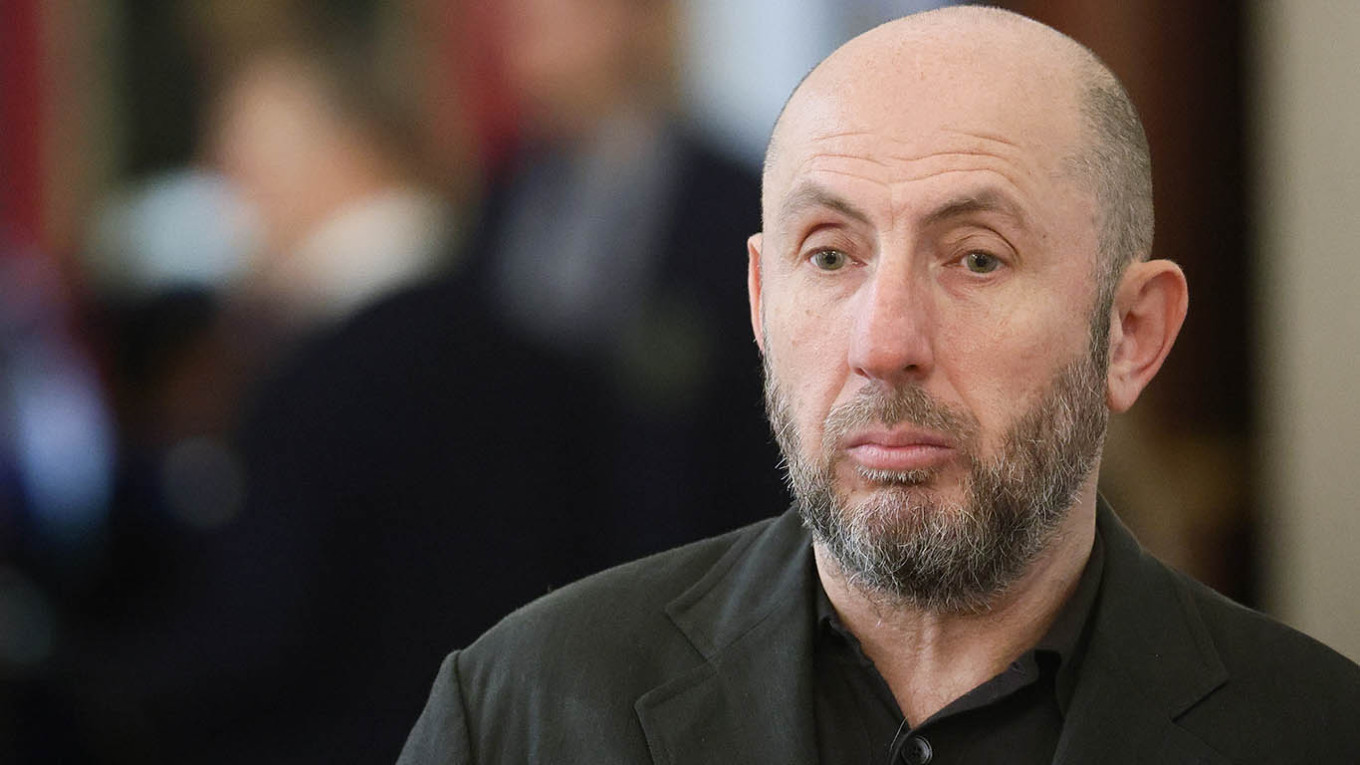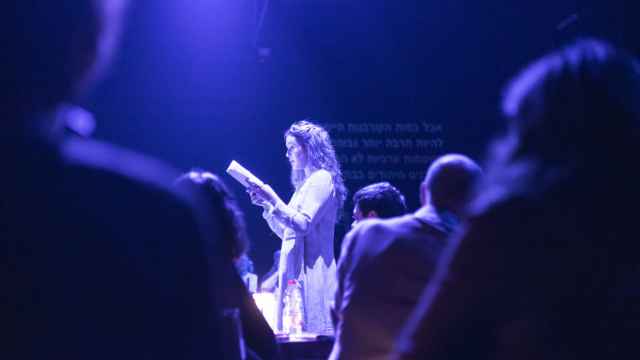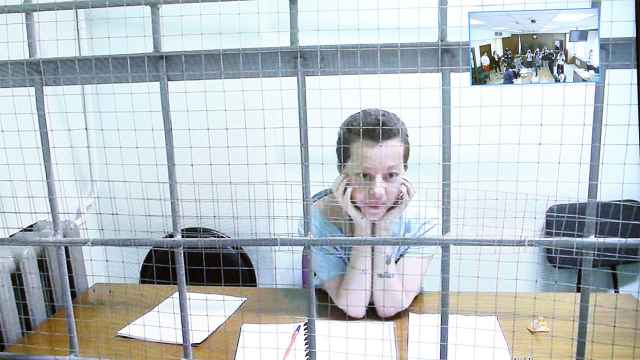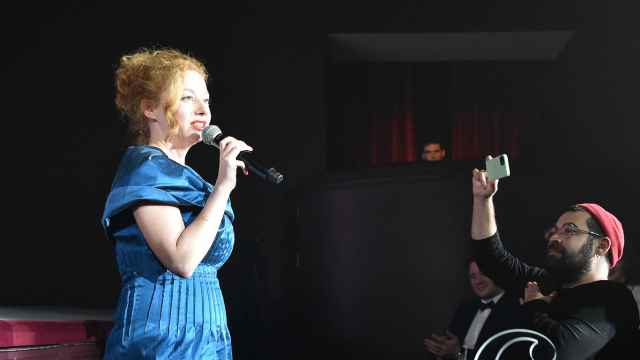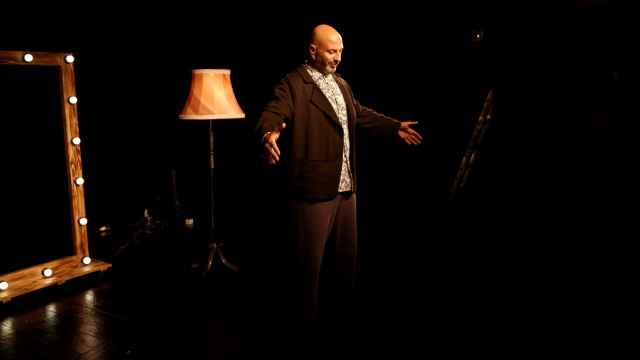Russian investigators questioned the artistic director of two of Russia’s most prominent theaters in connection with a major embezzlement case, the St. Petersburg-based news outlet Fontanka reported Wednesday.
The investigation centers on alleged financial misconduct during the restoration of the Gorky Moscow Art Theater’s stage, which was scheduled to reopen in October 2025.
Vladimir Kekhman, the artistic director of the Gorky Moscow Art Theater and the Mikhailovsky Theater in St. Petersburg, was summoned to the Investigative Committee’s headquarters in Moscow and authorities searched his residence, Fontanka reported.
Kekhman is currently classified as a witness.
The case is reportedly being led by the Investigative Committee, which probes major crimes, and the Interior Ministry’s economic security division.
The Ostorozhno Novosti news outlet reported that the main entrance to the Moscow Art Theater was closed and that officers affiliated with the Interior Ministry had sealed off parts of the building.
Investigators are examining the roles of several companies that won major renovation contracts under Kekhman’s leadership, including RSK-Renaissance, Stroy-Expert and Atlant-Project.
RSK-Renaissance alone was awarded a nearly 1-billion-ruble ($13 million) contract in 2023 for work on the Moscow Art Theater.
Authorities have also expressed interest in the business dealings of Marat Karginov, a contractor with ties to projects at multiple theaters Kekhman has overseen.
Kekhman, 56, was appointed director of the Gorky Moscow Art Theater in 2021. He has been described as one of the most controversial figures in Russian theatre.
He previously served as general and artistic director of the Novosibirsk Opera and Ballet Theater before being fired for staging a production of Wagner’s Tannhäuser that sparked an outcry from the Russian Orthodox Church.
A former banana importer once known as Russia’s “Banana King,” Kekhman built a fruit empire through his company JFC, which controlled a third of the national banana market in the early 2000s. In 2010, 120 kilograms of cocaine were discovered on a JFC shipment, though Kekhman was cleared of any wrongdoing.
He was declared bankrupt in the United Kingdom in 2012, followed by a Russian bankruptcy ruling in 2016.
The Bank of Moscow continued to pursue fraud allegations against him despite his bankruptcy and brought the case to a London court in 2015. The court found Kekhman had secured loans through falsified documents and deception, ordering him to pay more than $140 million in damages.
In Russia, a five-year probe into the alleged embezzlement of 20 billion rubles (approximately $256 million) in bank loans expired in 2017 due to the statute of limitations running out.
A Message from The Moscow Times:
Dear readers,
We are facing unprecedented challenges. Russia's Prosecutor General's Office has designated The Moscow Times as an "undesirable" organization, criminalizing our work and putting our staff at risk of prosecution. This follows our earlier unjust labeling as a "foreign agent."
These actions are direct attempts to silence independent journalism in Russia. The authorities claim our work "discredits the decisions of the Russian leadership." We see things differently: we strive to provide accurate, unbiased reporting on Russia.
We, the journalists of The Moscow Times, refuse to be silenced. But to continue our work, we need your help.
Your support, no matter how small, makes a world of difference. If you can, please support us monthly starting from just $2. It's quick to set up, and every contribution makes a significant impact.
By supporting The Moscow Times, you're defending open, independent journalism in the face of repression. Thank you for standing with us.
Remind me later.


